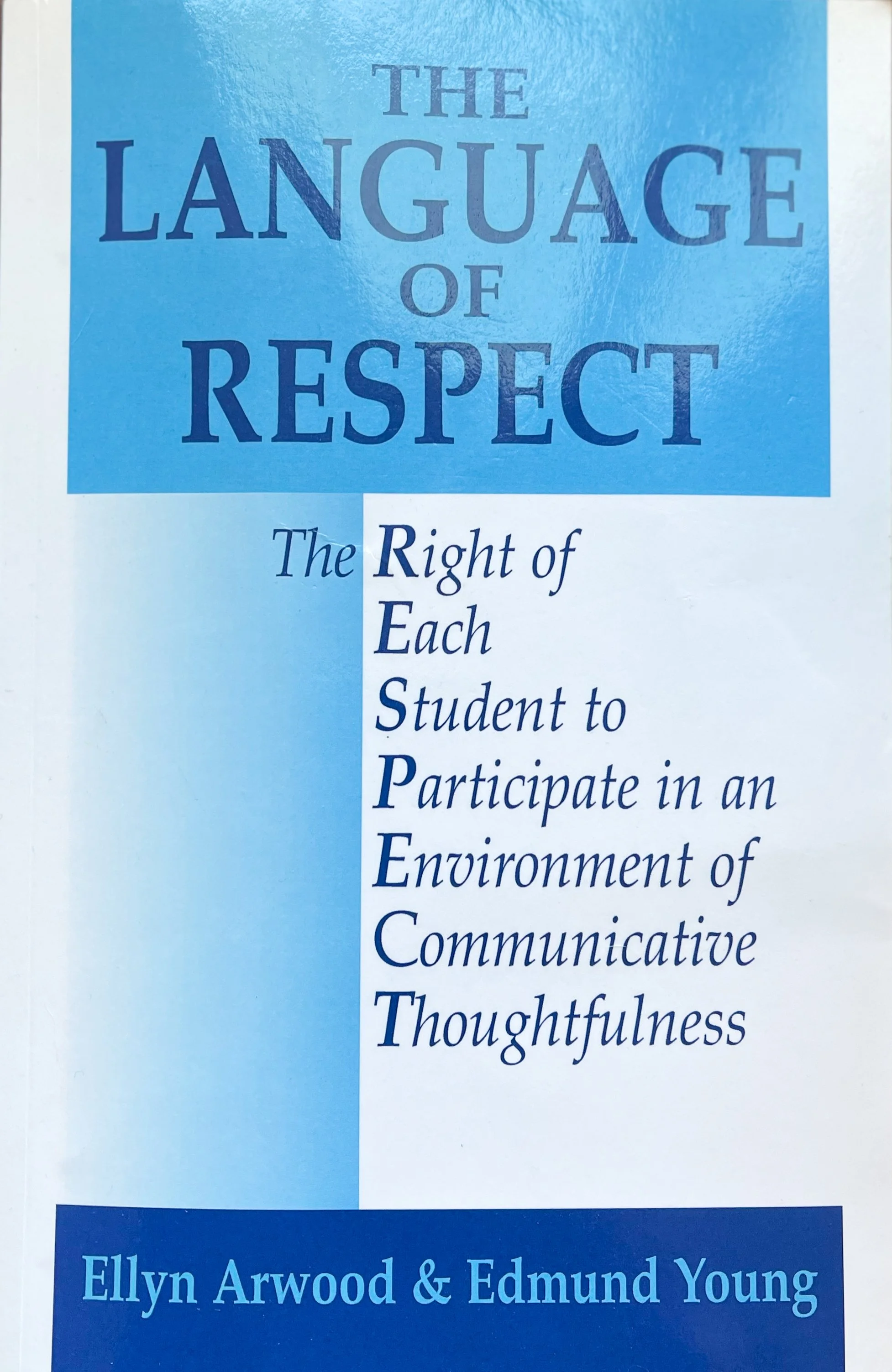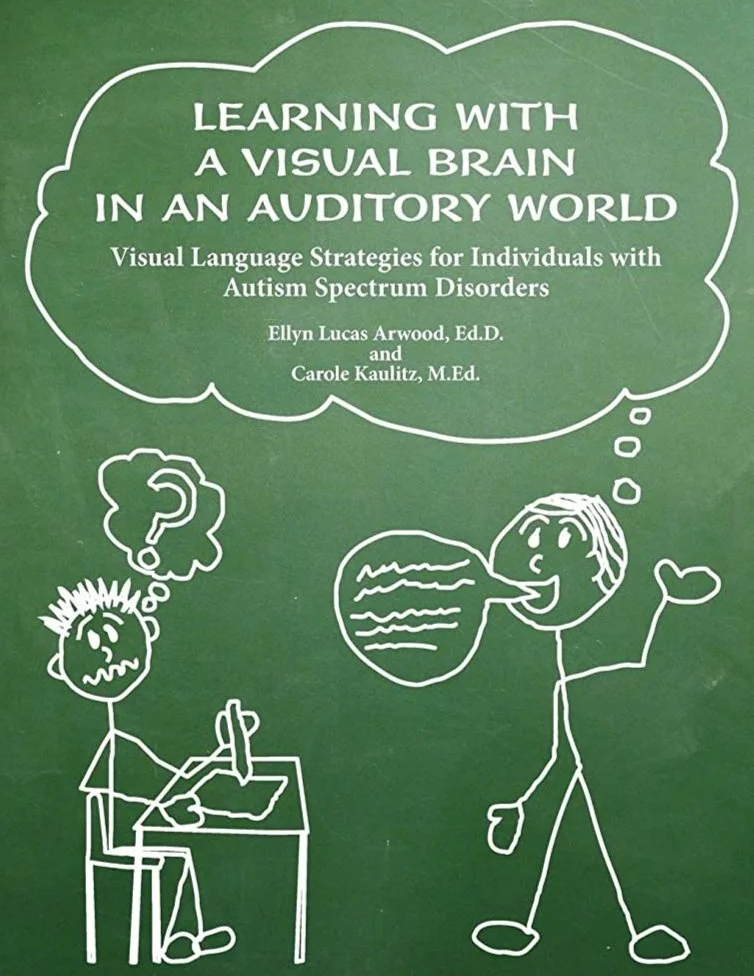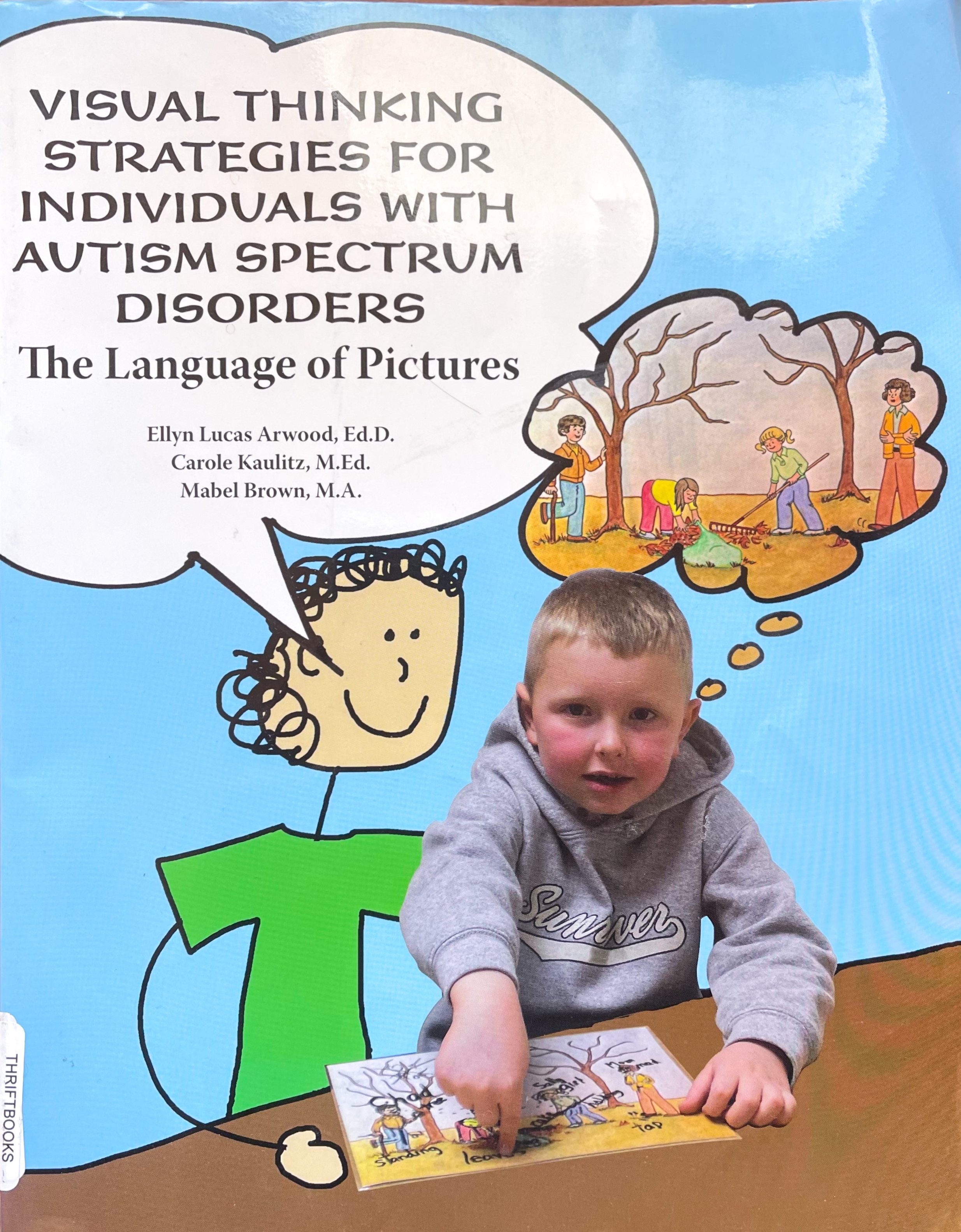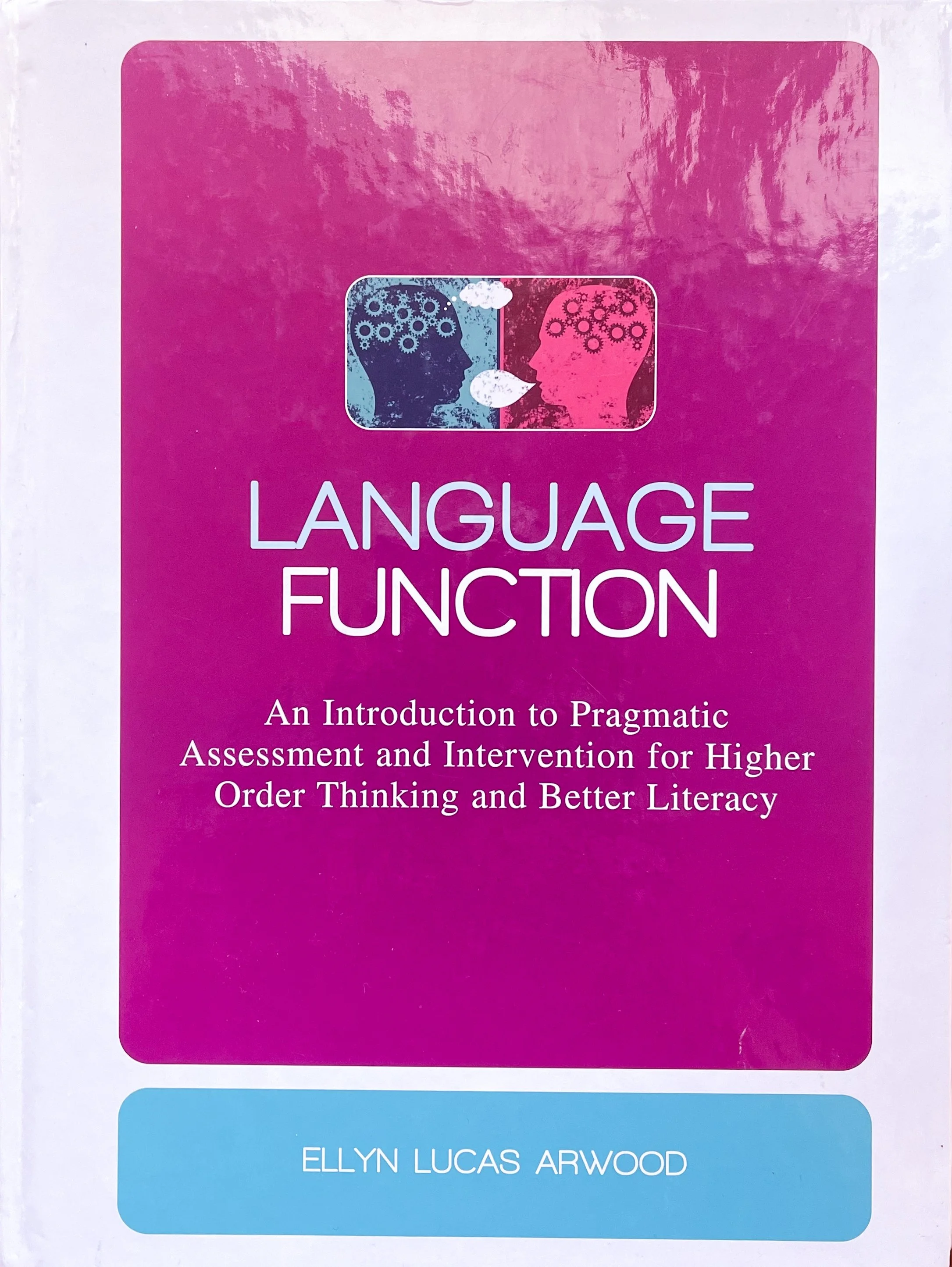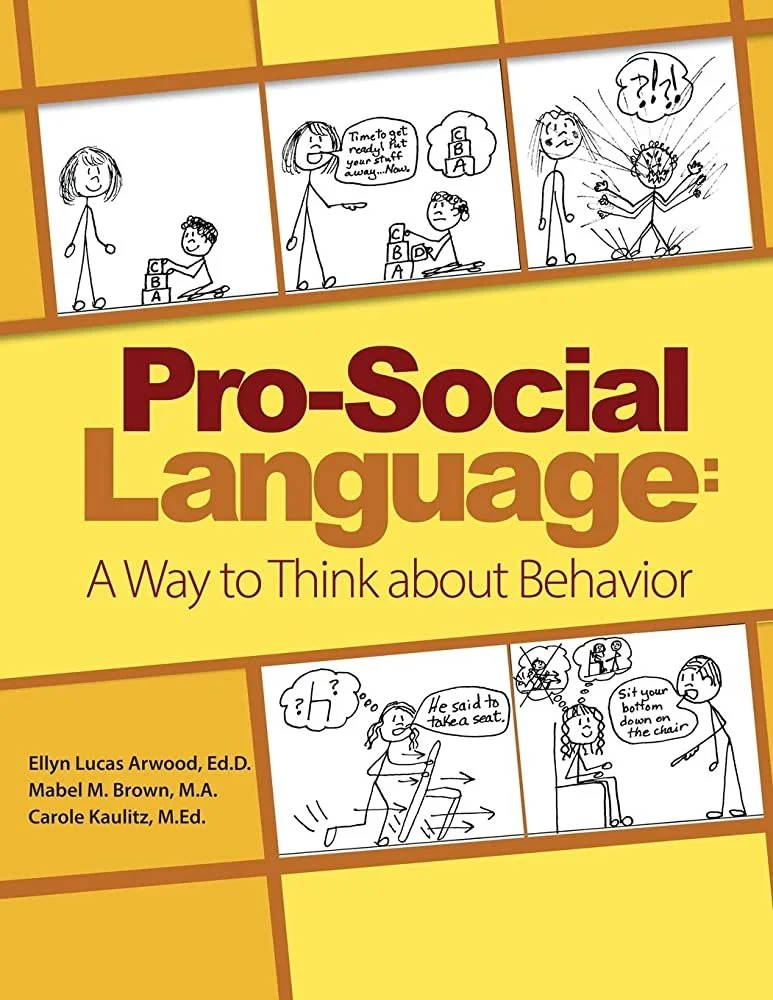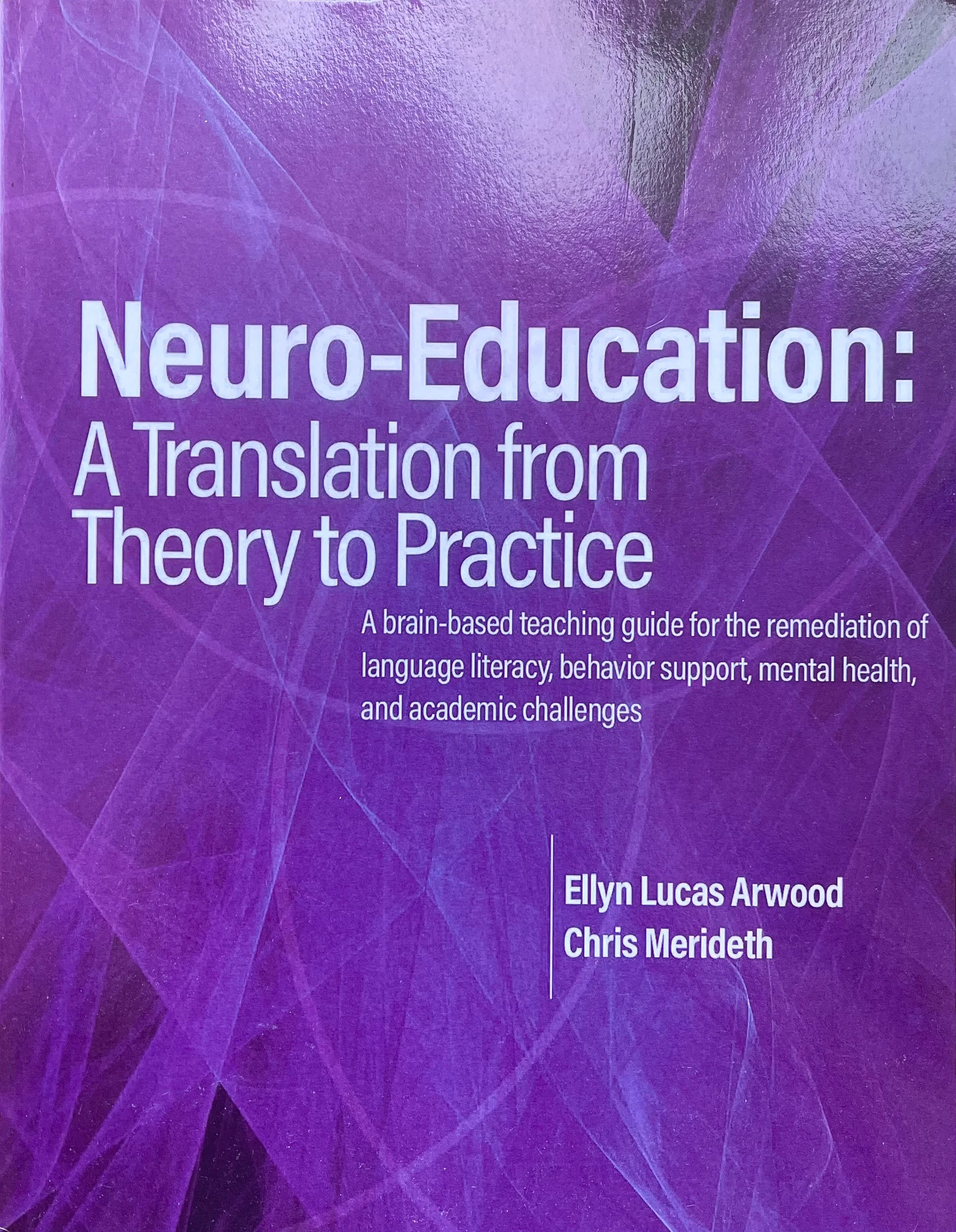Semantic and Pragmatic Language Disorders (1991)
This book provides the reader with updated information about the acquisition of meaning, or semantics, and the resulting communicative behaviors, or pragmatics. The reader will acquire the necessary knowledge to develop programs that assist children in learning to use language (pragmatics) as a societal and academic tool.
The Language of RESPECT (2000)
RESPECT stands for the "Right of Each Student to Participate in an Environment of Communicative Thoughtfulness". Organized so that the reader is afforded a neurobiological theoretical basis for learning, this book employs the authors' more than 60 years of combined successful work in assisting youth in becoming positive citizens.
Learning with a Visual Brain in an Auditory World (2007)
This book is unique in that the authors recommend strategies based on the language of the way individuals with ASD learn. Even though many scholars recognize that individuals with ASD use “visual” ways of thinking, most fail to realize that a visual mental language is different from the visual sensory system.
Visual Thinking Strategies for Individuals with ASD (2009)
This book helps the reader understand how to match the developmental levels of pictures and visuals to the developmental level of the person looking at the visual. In this way, appropriate visuals provide language development for children with autism spectrum disorders.
Language Function: An Intro to Pragmatic Assessment… (2011)
Dr. Ellyn Lucas Arwood outlines a revolutionary four-tiered model of how a learner acquires language, and suggests ways to impose visual language functions onto an auditory language like English in order to improve learning for both neurotypical learners and those with neurogenic disabilities.
Pro-Social Language: A Way to Think about Behavior (2015)
This book describes the learning processes and relationships among thinking, language, and learning to help students behave in pro-social ways.
Neuro-Education: A Translation from Theory to Practice (2017)
A brain-based teaching guide for the remediation of language literacy, behavior support, mental health, and academic challenges.

